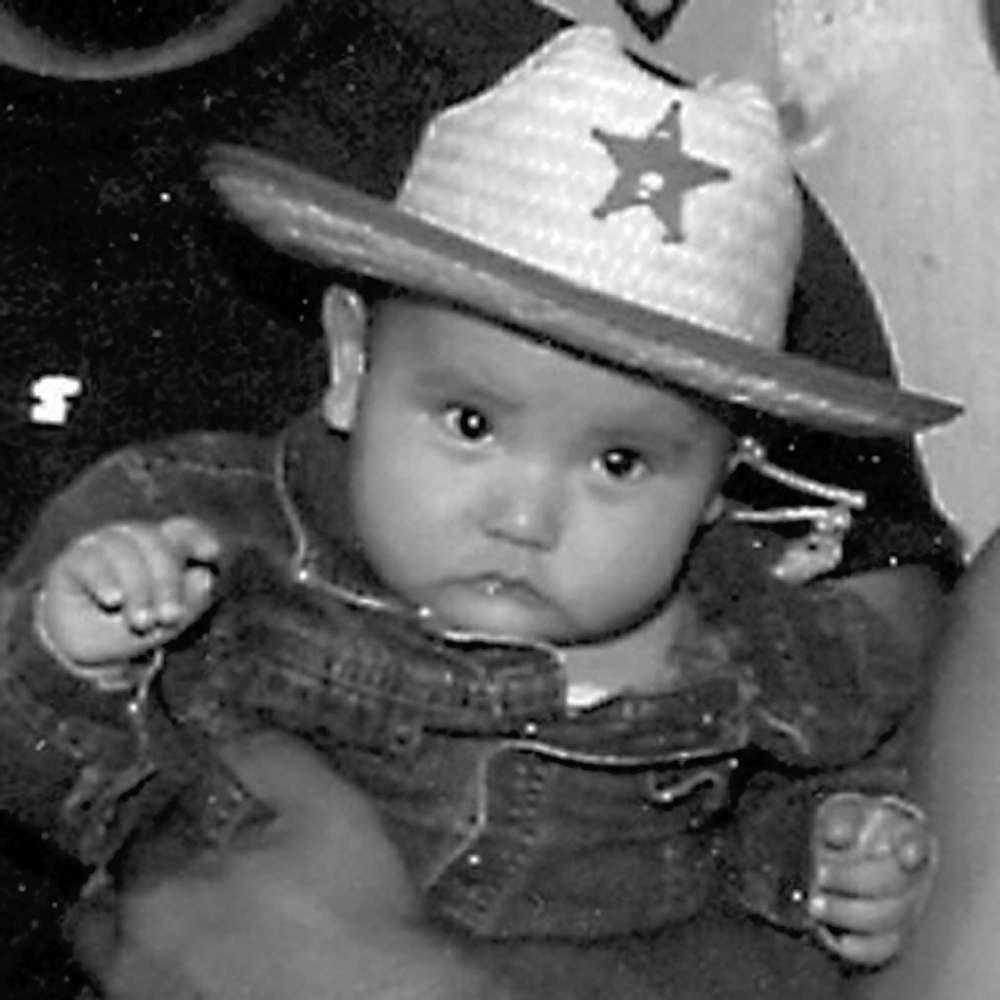Silence condemns child-welfare reviews
Advertisement
Read this article for free:
or
Already have an account? Log in here »
To continue reading, please subscribe:
Monthly Digital Subscription
$1 per week for 24 weeks*
- Enjoy unlimited reading on winnipegfreepress.com
- Read the E-Edition, our digital replica newspaper
- Access News Break, our award-winning app
- Play interactive puzzles
*Billed as $4 plus GST every four weeks. Offer only available to new and qualified returning subscribers. Cancel any time.
Read unlimited articles for free today:
or
Already have an account? Log in here »
Hey there, time traveller!
This article was published 29/04/2016 (3199 days ago), so information in it may no longer be current.
There are many reasons why the justice system — both the Crown and the defence — would be given a publication ban in pre-trial hearings in the homicide of Kierra Elektra Star Williams, a baby killed just months after a child-welfare agency returned her to her parents. The courts must protect the process of justice and the right to a fair trial.
It is entirely a different thing, however, for the child-welfare system itself to hide behind a wall of silence, ostensibly protected by a need for “confidentiality.” The secrecy makes the system, in its many pieces, accountable only to itself, and Manitobans are expected to simply trust that any mistakes it makes as it tries to protect children are caught and fixed. That is what is happening now, in the brutal beating of Kierra, who was not even two years old when she died at Peguis First Nation in 2014. Her mother, father and stepsister are fighting homicide charges.
Publication bans are almost routine in preliminary or bail hearings, a way to prevent potential jurors from talking about and forming opinions about the evidence before a trial starts. Arguably, though, the reflex to impose the ban is hard to justify because of the time it takes to get to trial, and jury trials are rare. Typically cases are heard by judge alone, and, experienced in law, they are to be dispassionate arbiters of fact.

But the laying of criminal charges also delays, for many years, any chance for a public understanding of what went wrong when a child in the care of child-welfare authorities is killed. The same could be said for when kids are seriously injured. By provincial law, several reviews are triggered when a child dies — as many as four internal inquiries, not counting a potential inquest. All of them may be done long before any trial, but none is released before a trial ends. Among the reasons given for that is that authorities do not want their work to jeopardize a criminal proceeding.
It’s why Manitobans heard nothing from official offices of how CFS failed Phoenix Sinclair, brutally murdered by her parents. An inquiry was finally held, and its report released nine years after the five-year-old’s death. Kierra’s case is painfully similar to that of Phoenix, except her death was discovered immediately; Phoenix was dead and buried nine months before the police caught wind of it. The inquiry learned that, incredibly, none of the internal reports was shared with the CFS workers involved in the case. So it’s not just ordinary Manitobans left out of the loop.
These findings — nearly a decade after the fact — underscored the very reason why Manitobans can’t trust the system to correct itself. And now, even with the benefit of the Phoenix Sinclair inquiry, a baby dies in what appears to be frustratingly similar conditions. Did the CFS agency involved make the same mistakes?
This is partly why inquiry commissioner Ted Hughes called for the Children’s Advocate Office to publicly release its reports into the deaths or critical injuries of children in care. A bill that died when the government called the election went a little ways toward that, but was not good enough — it required, for example, the permission of extended family and others before public release of the advocate’s report.
New legislation is needed that ensures the release of child death and injury reviews is not delayed by the criminal process. Trials take years to wend their way through the courts. Holding up the hard scrutiny of failures of the system for that long defeats the purpose of review. The province’s new family services minister is to be named next week. Manitobans should expect he or she will write a bill that empowers the children’s advocate to investigate and then publicly release the findings swiftly, so Manitobans can hold CFS agencies and the minister, as well, to account.


